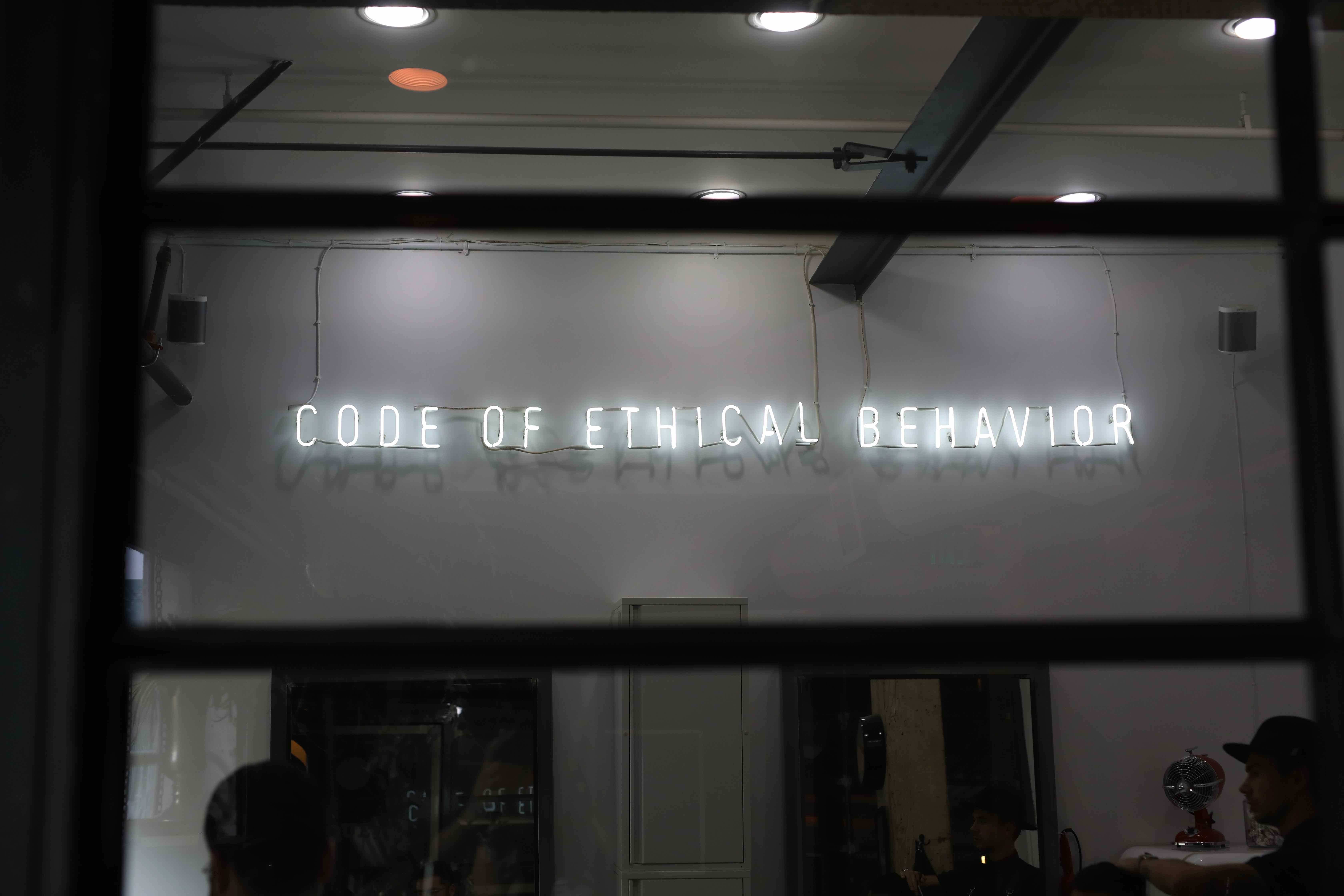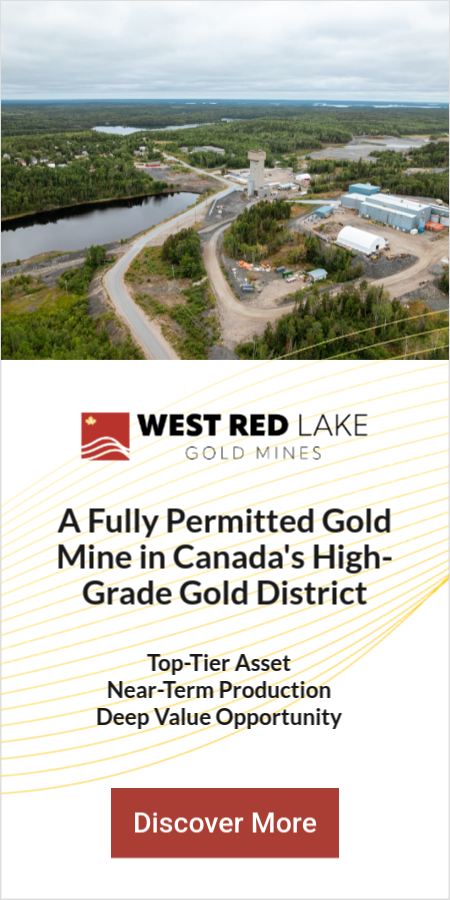Invest in Gold, Not Deforestation: Choosing Responsible Precious Metals

A Precious But Problematic Investment
Gold has long been prized for its beauty, malleability, and scarcity. But the high value placed on this precious metal has also led to extensive environmental damage from illegal mining operations, especially in the Amazon rainforest. As an investor, you may want exposure to gold in your portfolio, but it's important to consider the ethical and sustainability issues surrounding its production.
The price of gold has soared in recent years, more than doubling from around $1,200 per ounce in 2015 to over $2,000 currently. This rise has been driven by economic uncertainty and low interest rates, making non-yielding assets like gold more attractive. But it has also intensified illegal mining activity, known locally in Brazil as "garimpos." An estimated 47% of the 500 tons of gold produced annually in Brazil between 2015-2020 came from illegal mines, according to the Instituto Escolhas.
Much of this illicitly sourced gold makes its way into legitimate global supply chains through exports. In 2021, Brazil exported 104 tons of gold, over half of which went to G7 nations like Canada, Switzerland and the UK. These countries turn a blind eye to the illegal origins, even as the garimpos drive deforestation, mercury pollution, and displacement of indigenous communities. Over 11,400 hectares of rainforest were razed in 2021 for illegal mining in Brazil alone.
The criminal groups behind the garimpos are often heavily armed and linked to drug trafficking and illegal logging. In Brazil's Roraima state, the First Capital Command criminal organization has moved into the illegal mining business, bringing violence and corruption. The transient miners themselves live in squalid, dangerous conditions. The romanticized idea of small-scale prospectors chewing out a living is far from today's industrialized reality, where illegal mining is big business run by crime lords.
As an Ethical Investor, Can I Invest in Gold?
There are several factors to consider regarding gold:
- Environmental impact: Illegal gold mining is a leading driver of deforestation and mercury pollution in the Amazon basin. Investors may want to avoid gold likely sourced from places like Brazil, Venezuela or Peru where regulation is weak.
- Human rights: Indigenous communities and lands are often severely impacted by illegal mining. Violence, disease outbreaks and cultural dislocation commonly occur near garimpo sites.
- Corruption and crime: Much illicit gold production and trade is controlled by organized criminal groups, funnelling profits into drug, gun and human trafficking. Investors may not want to fund this unintentionally.
- Worker exploitation: Disturbing labor conditions akin to slavery have been reported at some illegal mining operations, including child labor. Mine accidents and mercury poisoning are also risks for workers.
- Money laundering: Gold is an easy conduit for concealing dirty money due to a lack of transparency and documentation in supply chains. Investors may become complicit in this.
So what should responsible investors do if they want gold exposure without these ethical problems?
- Invest in gold mining companies with extensive sustainability programs that can track and audit sources. Look for participation in initiatives like the World Gold Council's Responsible Gold Mining Principles.
- Choose gold ETFs that source exclusively from large corporate mines or recycling, avoiding artisanal production. Examples are the Sprott Physical Gold Trust and the RMG Gold ETF.
- Buy gold jewellery certified by groups like Fairtrade and Fairmined Gold that ensure ethical extraction, worker safety and community development around mines.
- Support stricter regulation, such as new "green gold" standards and required supply chain disclosures, to improve industry transparency and drive out illegal practices.
Gold will likely remain an attractive asset class given its role as a hedge against inflation and market volatility. But environmental, social and governance (ESG) factors are growing more important to investors. Being thoughtful about how and where your gold is sourced is crucial. With some due diligence, you can gain exposure to gold while also upholding your values as an investor.
ESG (environmental, social, and governance) factors have provided several key benefits for ethical investors:
- Allows values-based investing. ESG enables investors to align investments with their ethics and values by evaluating companies on more than just financial performance. Things like environmental sustainability, labor practices, and executive compensation can be considered.
- Identifies future risks. Companies with poor ESG scores tend to carry higher risks of regulatory fines, lawsuits, consumer backlash, etc. Integrating ESG helps identify these risks early.
- Drives positive change. Demand for sustainable investments pushes companies to improve ESG practices to remain attractive to ethical capital. Divestment from ESG laggards also motivates change.
- Provides outperformance. Numerous studies have found ESG funds and stocks generate returns comparable or superior to conventional ones over the long term. Sustainable companies tend to be lower risk.
- Offers transparency. ESG research, ratings, and reporting create transparency about corporate impacts that was lacking historically. This allows more informed investment decisions.
- Prevents reputational damage. Investing in companies engaged in practices that contradict an investor's values can lead to reputation risk and public criticism of the investor. ESG helps avoid this.
- Creates investment opportunities. Companies developing innovative solutions to sustainability challenges can offer strong growth potential in emerging ESG-driven industries.
Overall, the rise of ESG investing has empowered ethical investors to have a positive real-world impact, while still generating competitive returns over the long run. It has brought sustainability considerations into the mainstream of investment analysis.
Analyst's Notes




Subscribe to Our Channel
Stay Informed

































